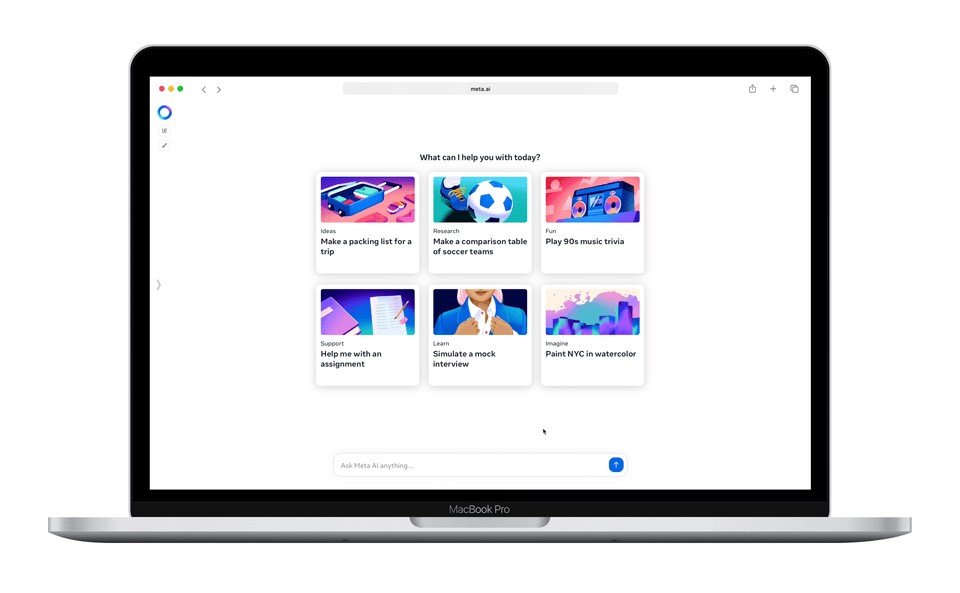Disney+ has attracted fewer customers than expected in the last quarter with some observers claiming that the content is not being updated enough to justify the $8.99 price in Australia.
Seen as a key growth engine for the Walt Disney Company shares in the Walt Disney Company, fell 5.3% overnight on the news.
The entertainment giant reported 103.6 million Disney+ customers at the end of last quarter, short of the 110.3 million projected in the Bloomberg Consensus.
The results marked a rare stumble for Disney+, which has enjoyed explosive growth over the past year both globally and in Australia.

FILE – In this Wednesday, Nov. 13, 2019 file photo, a Disney logo forms part of a menu for the Disney Plus movie and entertainment streaming service on a computer screen in Walpole, Mass. Analysts predict the entertainment giant’s fiscal first-quarter earnings declined from a year earlier, even as revenue increased. Investors will be listening for an update on the company’s video streaming service, which launched in November. Disney serves up its results Tuesday, Feb. 4, 2020. (AP Photo/Steven Senne, File)
the lack of new content is seen as a key factor due to production delays of new movies and series caused by lockdowns during the COVID-19 pandemic.
Netflix also posted disappointing subscriber numbers last quarter, citing a dearth of programming.
In Australia both sporting app Kayo and Binge have reported a surge in subscriptions due in part to a decision by Telstra to get out of the streaming market.
“What drives new sign-ups is the content — there has been limited new content,” said Markus Hansen, an analyst at Vontobel Quality Growth. “Disney still has room to run.”
Bloomberg reported that despite the fall in streaming demand Disney, quarterly profit came in ahead of projections.
Excluding some items, Disney’s earnings rose to 79 cents a share, compared with a 32-cent average estimate. But sales fell to $15.6 billion, missing estimates of $15.9 billion for the period ended April 3.
With Disney’s parks now reopened everywhere but Paris, that division, a lucrative one in good times, will be more of a focus for investors. The unit lost $406 million in the quarter.
The movie studio generated $312 million in profit, in a quarter where the company’s newest animated film, “Raya and the Last Dragon,” was released online to Disney+ customers for an additional $30 fee, as well as in theatres. Two other pictures, “Black Widow” and “Jungle Cruise,” will have similar hybrid releases in July.
Even with the shortfall in new subscribers, Disney+ has been “way more successful than anyone thought,” Hansen said. And its expansion globally remains in its early stages. The company revealed overnight that it was nearly back to full production levels for film and TV.
Investors have largely brushed off recent financial turmoil for Disney, even as the pandemic ravaged some of its core businesses. The stock has soared by more than 60 per cent in the past year as investors focused on its fast-growing streaming business, instead of the billions of dollars it lost to the pandemic.
Disney said Covid-19 disruption had knocked $1.2bn from operating income in its theme parks business in the quarter. However Bob Chapek, chief executive, said he saw “encouraging signs of recovery across our businesses”.
Disney’s direct to consumer business unit, which includes Disney Plus, Hulu and ESPN, posted an operating loss of $290m on $4bn in revenue during the quarter.
Net income of $912m compared with $468m in the same quarter a year ago, when the pandemic first forced the US into lockdown, shuttering cinemas and theme parks. Total revenues fell 13 per cent to $15.6bn, missing analyst predictions for $16.1bn.













































